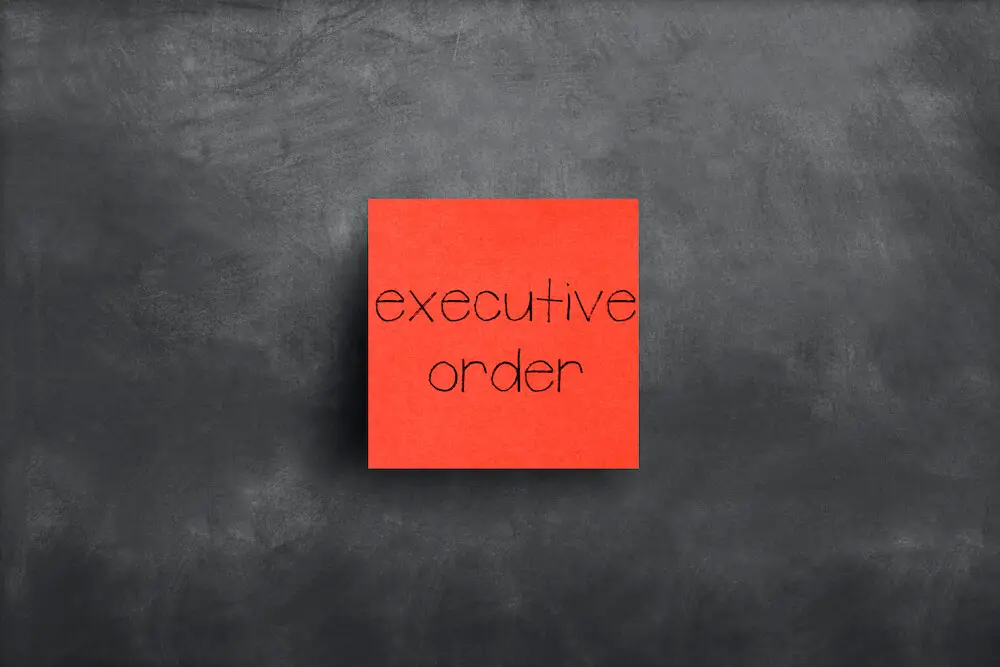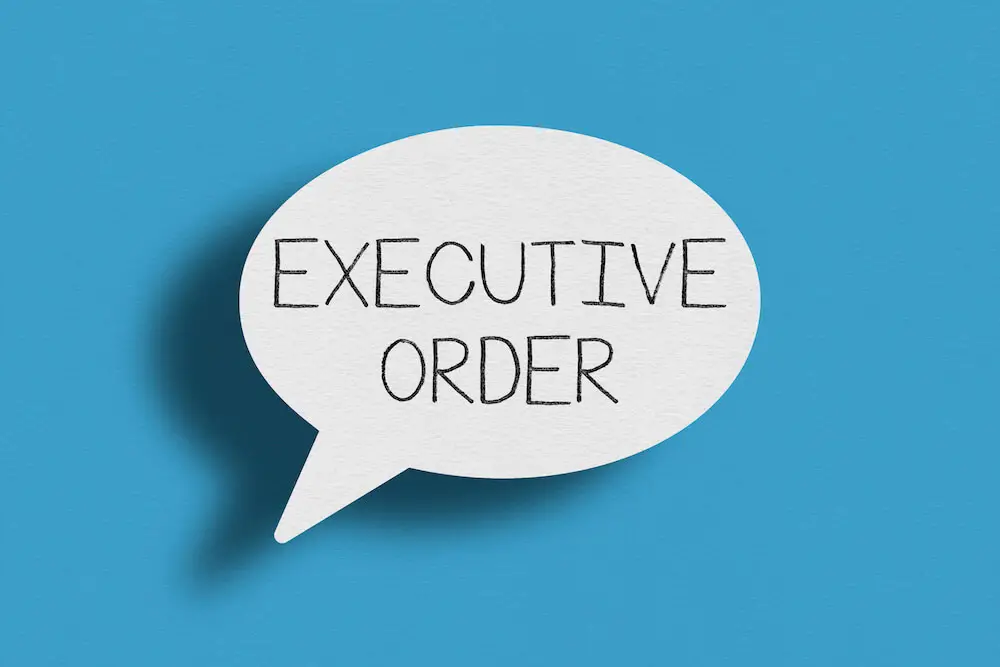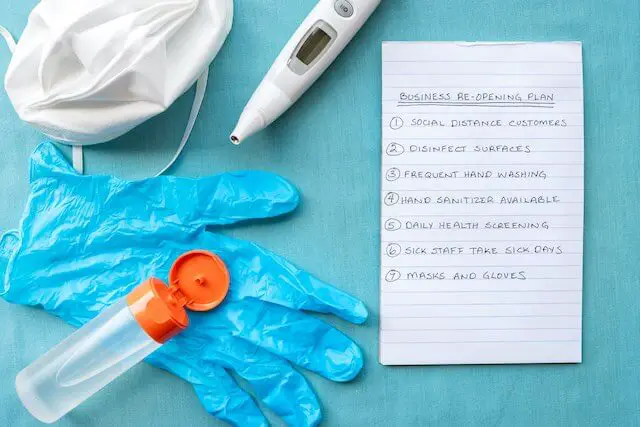Last Wednesday, after months of election uncertainty, Joe Biden was inaugurated as our 46th president. It’s only been a few days since inauguration and President Biden’s pen has been busy, busy, busy, so let’s dive into some new policies that could impact you.
Student Loan Freeze
The Department of Education extended the suspension of federal student loan payments through September 30, 2021, giving borrowers some extra breathing room this year. No interest will accrue during that period, and each month will count toward public service loan forgiveness as well as student loan rehabilitation. Unfortunately, private loans are again excluded from the freeze.
Foreclosure and Eviction Moratoriums
The CDC extended the federal eviction moratorium through March 31, 2021, preventing renters from being evicted for non-payment of rent. Fannie Mae and Freddie Mac also extended foreclosure and eviction moratoriums until February 28, 2021.
Rental Assistance
Under a program passed in December, states will begin disbursing $25 billion in rent assistance to help tenants pay rent and utilities. Funds can be accessed locally through housing groups, 211/311 information lines, and local representatives.
Will Americans Receive More Stimulus Checks?
I think that’s likely, but it’s not yet clear who will get them or how much they’ll be. The new $1.9 trillion stimulus program Biden has proposed offers $1,400 stimulus checks, enhanced unemployment benefits, a $15 minimum wage, aid for states and local governments, money for COVID-19 vaccines and testing, as well as help for parents and schools.
What will the final bill look like once Congress finishes negotiating? Unknown.
Opinions and criticism abound. Some think the proposal is too big, too costly, and risks overheating the economy. Some believe it doesn’t do enough to address the real pain many Americans are experiencing. Others think that getting it done (and done quickly) is more important than getting it perfect.
Tax Season
Tax season starts later this year, but the filing deadline is still April 15 (for now).
The IRS has pushed back the start of tax season by several weeks, delaying the acceptance and processing of tax returns until February 12. Currently, the tax filing deadline is still April 15, but that could also change.
I’ve had some questions about how the 2020 stimulus payments could affect taxes, so I’ll answer a few right here:
Do I owe taxes on my stimulus money? No, the IRS does not consider stimulus payments to be income.
I didn’t receive my money (or the correct amount of money). Since stimulus payments were based on prior year tax returns, you’ll receive any money you’re owed when you file your 2020 return. If you think you may have received too much based on your income, you’re in luck. It doesn’t look like you’ll have to pay any back.
Conclusion
I’m sure that hearing all of these changes all at once can lead to confusion. Heck, that’s a lot of information to digest! And more will be coming as the new administration settles in and starts working on what’s promising to be a large agenda for the first 100 days.
Remember, rather than guessing, lean on your trusted tax, legal or financial advisor for a little help. They will be able to assist you in determining if and how the new policies will affect you.
In the meantime, stay tuned for more tax and stimulus updates. I’m sure Congress and Biden’s “Pen” are not done yet!





